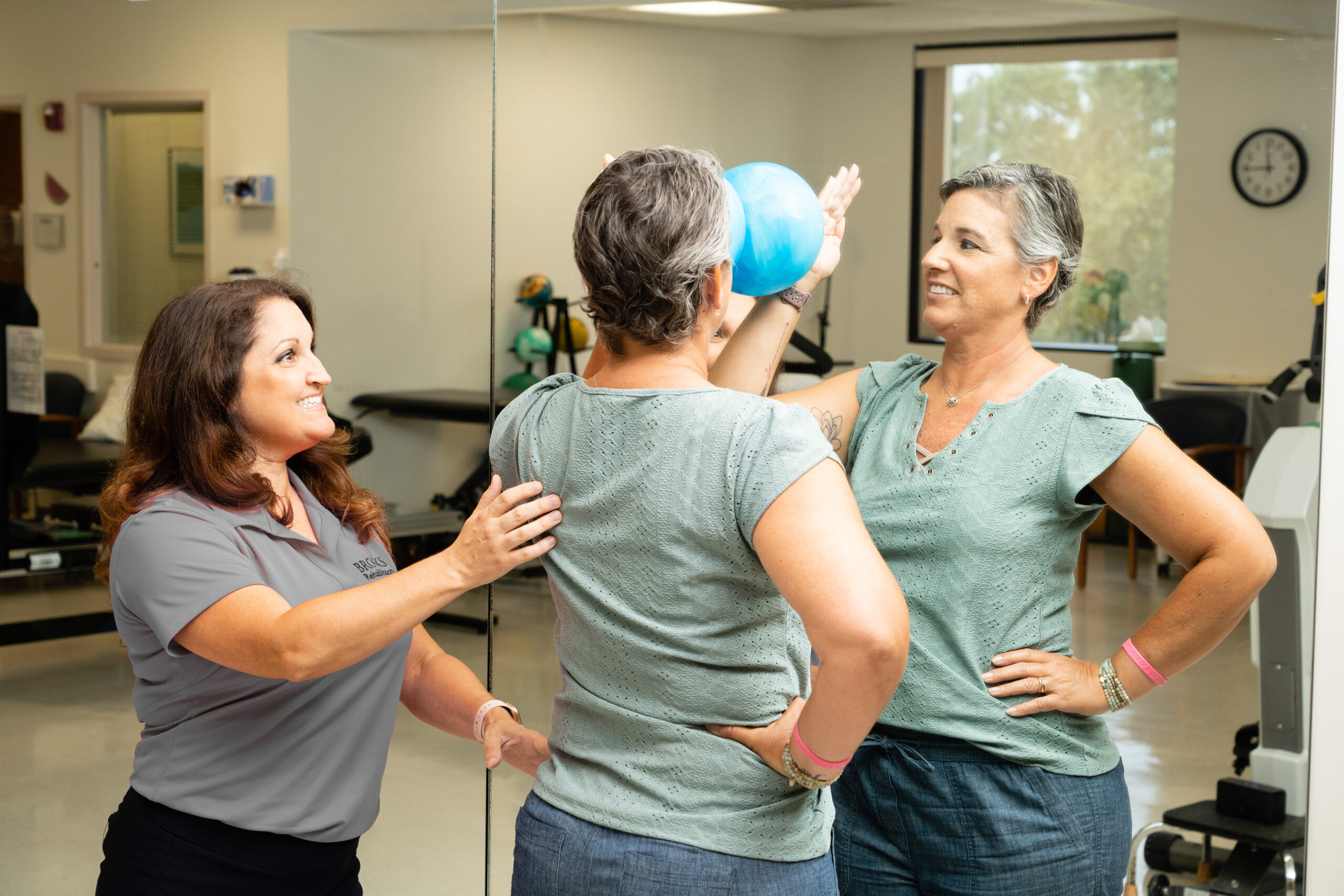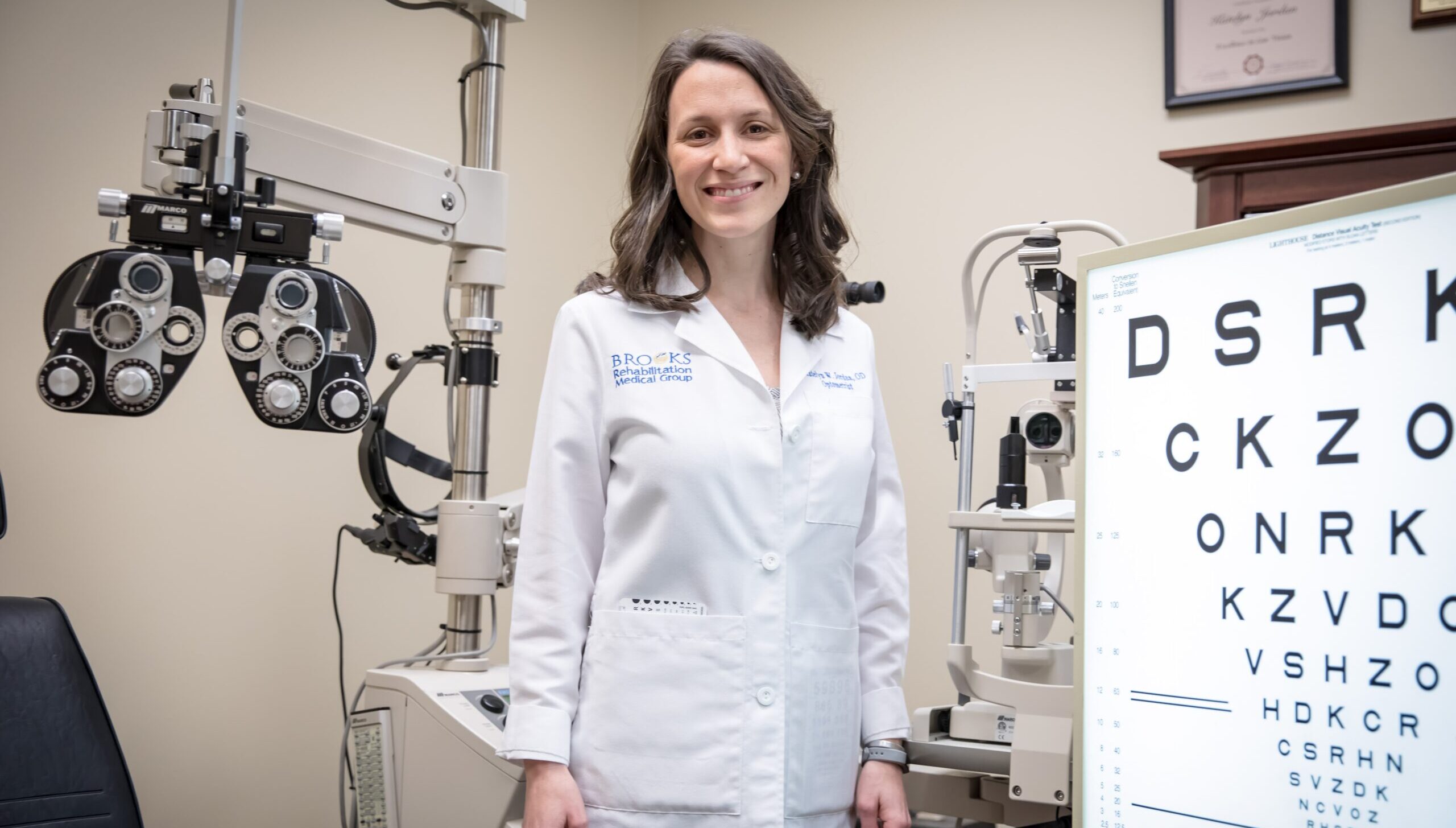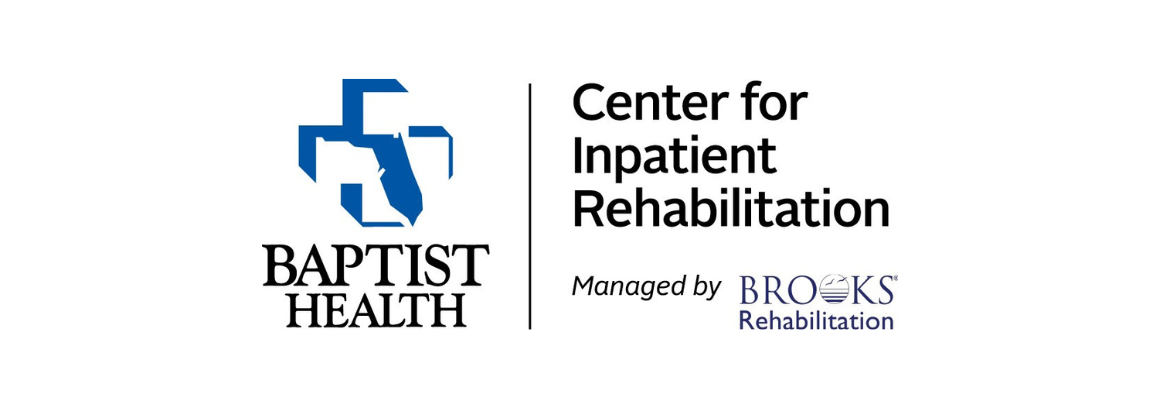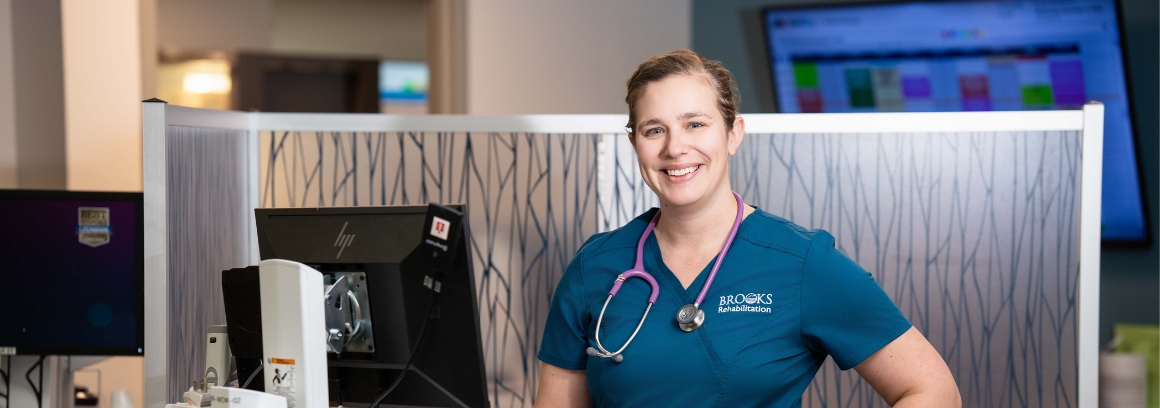What Is Lymphoma?
Lymphoma is a cancer that begins in the lymphatic system, a network of vessels, nodes and organs that helps fight infection. Treatments like chemotherapy and radiation therapy can lead to side effects that slow your recovery. Cancer rehabilitation enables you to stay as active and independent as possible before, during and after treatment.
Types of Lymphoma
There are two main categories of lymphoma:
- Non-Hodgkin lymphoma is more common and can begin anywhere in the lymphatic system. It may grow quickly or progress slowly.
- Hodgkin lymphoma usually starts in the lymph nodes of the neck, chest or underarms.
Lymphoma Treatments
Treatment often includes a combination of therapies that destroy cancer cells and help control the disease.
You may need:
- Chemotherapy (most common), which uses drugs to destroy cancer cells throughout the body
- Radiation therapy, which uses focused energy to treat lymphoma in specific areas or to prepare for a stem cell transplant
- Stem cell transplant to replace damaged bone marrow with healthy cells
- Targeted therapy to block genetic changes that enable certain lymphomas to grow
- CAR T-cell therapy, which modifies your immune cells to recognize and attack lymphoma cells. It may be an option in select cases if other treatments are not successful.
Lymphoma Symptoms and Treatment-Related Side Effects
Lymphoma and its treatment often cause side effects. You may experience:
- Bone or joint pain
- Fatigue
- Increased infection risk
- Loss of appetite or unexpected weight loss
- Night sweats, fever or chills
- Numbness, tingling or weakness
- Swelling in the neck, underarms or groin from enlarged lymph nodes
Cancer Rehabilitation for Lymphoma
At Brooks, therapists experienced in cancer rehabilitation collaborate with skilled medical providers to address the challenges you’re facing. Our goal is to help you feel steadier, build endurance and return to the activities that matter most.
Your care may include:
- Occupational therapy to make daily activities like bathing or cooking easier if fatigue, neuropathy (nerve damage) or other side effects are getting in the way
- Physical therapy to rebuild stamina, especially if you’re dealing with fatigue or weakness
- Speech-language therapy to help with thinking, memory or communication if lymphoma treatment has affected these skills
Additional settings and services for cancer rehabilitation at Brooks
We offer rehabilitation in multiple settings, so your therapy can match your current needs and health status.
Options include:
- Inpatient rehabilitation may be necessary after a hospital stay, stem cell transplant or if side effects greatly limit your abilities. You receive 24/7 medical care and intensive therapy.
- Home health services may be recommended if travel is difficult. Our therapists and nurses provide care to you at home.
- Outpatient therapy addresses lingering symptoms or helps build on the progress you’ve already made.
- Supportive services provide behavioral health, nutrition counseling and medical support that work alongside therapy to address the physical and emotional effects of cancer.
Why Choose Brooks Rehabilitation for Lymphoma Recovery?
Recovery from lymphoma can follow many paths, and having a program that can adjust to your needs makes it easier to make steady progress. Brooks offers a wide range of cancer rehabilitation services and the expertise to match them to your goals.
Highlights of our program include:
- Therapy focused on your needs: Lymphoma affects each person differently, so we start by getting to know the challenges you are facing. Whether it’s easing swelling or rebuilding stamina after a hospital stay, we can help. You receive personalized therapies that optimize your abilities.
- Advanced cancer rehabilitation: Brooks offers technologies like a ZeroG body-weight support system and functional electrical stimulation to activate weakened muscles. Our lymphedema therapy team uses targeted techniques to reduce swelling and improve comfort.
- Coordination: If you need inpatient rehabilitation, our oncology rehab navigator works closely with your oncology team to align therapies with medical treatments. These efforts help you receive seamless care so you can focus on recovery.
- Emotional support: Our comprehensive approach also helps you and your loved ones cope with the emotional impact of living with lymphoma. Caring patient-family counselors provide thoughtful support. You may also benefit from our psychology services.
FAQs About Cancer Rehabilitation for Lymphoma
Yes. At Brooks, our team includes lymphedema therapy specialists who use gentle, targeted techniques and specialized equipment to help you get relief. We also teach you ways to manage symptoms at home so you can stay more comfortable between therapy sessions.
Our cancer rehabilitation therapists recommend changes to your daily routine that make tasks easier and help you feel more in control of your day. They teach you strategies for conserving energy, like breaking up physical tasks into smaller steps and taking breaks in between. We also help you build stamina through safe, progressive exercises during therapy.
Yes. Even with mild symptoms, outpatient therapy can help you maintain your strength and improve balance. It can also prevent small issues from becoming bigger challenges. We tailor each session to your goals so you can keep building on the progress you’ve made.
Request Care at Brooks
Find out more about becoming a patient and learn about cancer rehabilitation for lymphoma.Latest News and Health Resources
Education and guidance to support your recovery
Q&A with Katelyn W. Jordan, OD, FAAO, FNAP
Katelyn W. Jordan, OD, FAAO, FNAP, director of Vision Rehabilitation Services, has been with Brooks for 12 years. Dr. Jordan graduated with her doctor of optometry, Magna Cum Laude,...




